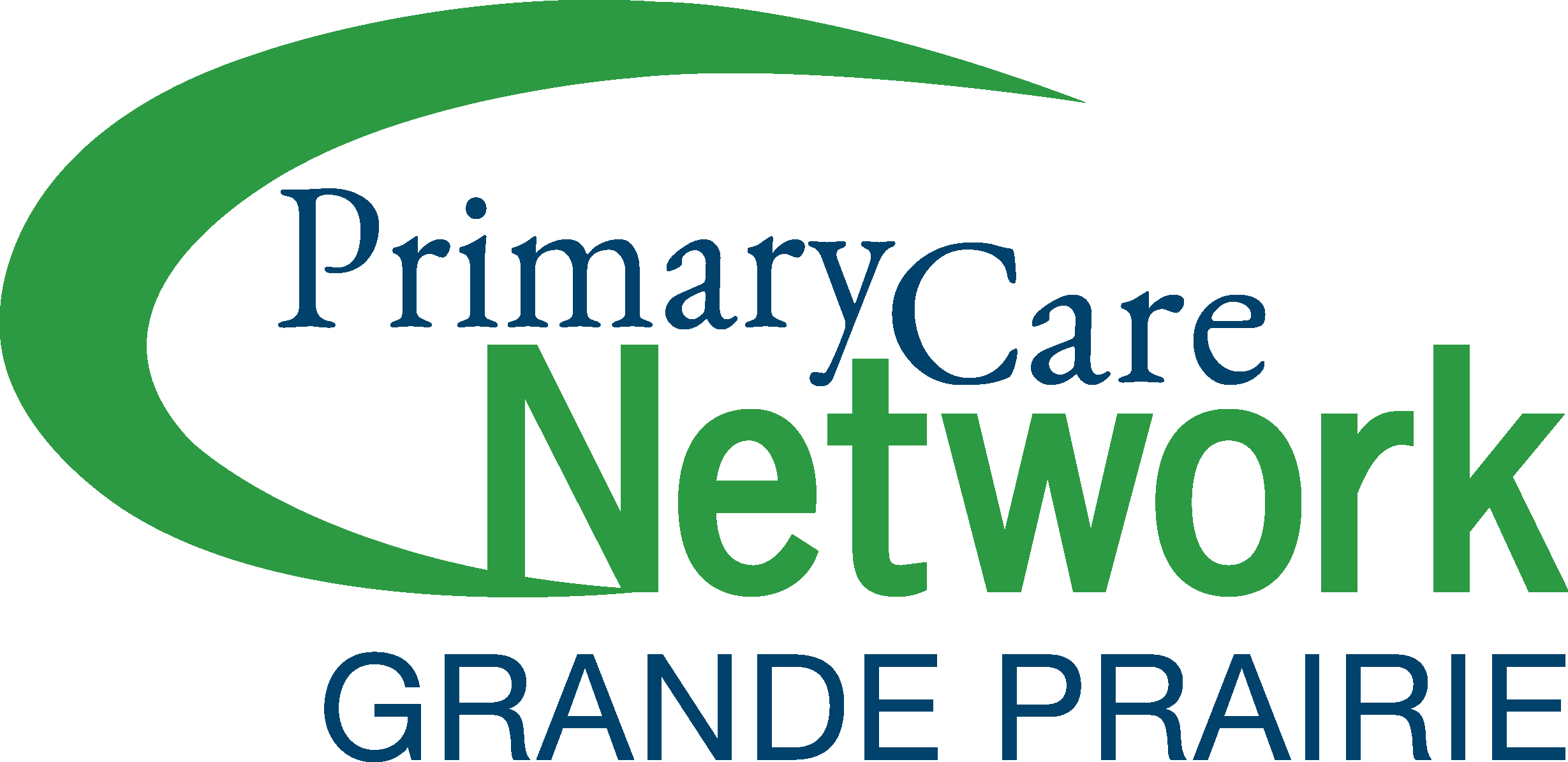Eating Disorders Awareness
- Eating disorders are a serious mental illness with the highest mortality rate of any mental illness
- Eating Disorders affect people of all genders, sexual orientation, age, socioeconomic status, race and ethnic backgrounds
- Eating disorders are not a choice and not anyone’s fault. Eating disorders are complex, with biological, psychological, and social causes. Some potential risk factors include:
- body dissatisfaction
- dieting
- experience of weight stigma
- genetics/family history
- low self-esteem
- predisposition to experiencing negative emotions or anxiety
- trauma
- People with eating disorders often don’t recognize they have one and therefore may not seek the help they need
People of all body types and body sizes experience eating disorders. Therefore, you can’t rely on an affected person’s size or weight to identify if or which type of eating disorder they have.
Some signs you or someone you know might be struggling with an eating disorder include:
- Weight concerns-having a strong desire to change body size and shape
- Constant thoughts and conversations about food and dieting or actively on a diet
- Preoccupation with exercise-extensively exercises, becomes anxious or upset when unable to exercise
- Preoccupation with food tracking and strict food rules
- Changes in mealtime patterns-becomes uninterested in eating what the family is eating
- Unusual behaviours during and after meals-uses frequent excuses to use the bathroom after a meal, refuses to eat in front of others
- Changes to mood-seems more anxious, depressed, irritable and fatigued than normal. This can be normal in some teenagers, so it is important to check in with their mental health, especially if there are concerns with changes to eating patterns
To support someone who has an eating disorder:
- Avoid commenting on their body.Comments like “You look too skinny” and “Wow you’ve lost x pounds, good for you” is harmful for anyone, but especially someone with an eating disorder or disordered eating
- Remember that this is not their fault. Practice compassion with yourself and the person you are supporting
- Encourage them to seek help if they are ready
- For additional tips on how to support someone with an eating disorder visit https://www.helpguide.org/articles/eating-disorders/helping-someone-with-an-eating-disorder.htm
If you or a loved one is struggling with an eating disorder, symptoms of an eating disorder or disordered eating, you are not alone in this, you have support!
You can reach out to your PCN physician for support. Together you and your physician can:
- Determine if a referral to see one of our dietitians will be a next step in treatment planning
- Include a qualified mental health therapist in your health team, and provide a referral as needed
- Order critical medical lab work and testing
Assessment: evaluating eating disorder level of risk
Navigation: refer to appropriate community resources or support clients in getting access to the appropriate resources and level of care they require
Prevention: nurturing food relationship and body image healing
Self-management support: Support individual and/or family, in mild to moderate cases of ED to help support with renourishing the body, reducing symptoms of the eating disorder and working towards rebuilding a positive and nurturing relationship with food, mind, and body

